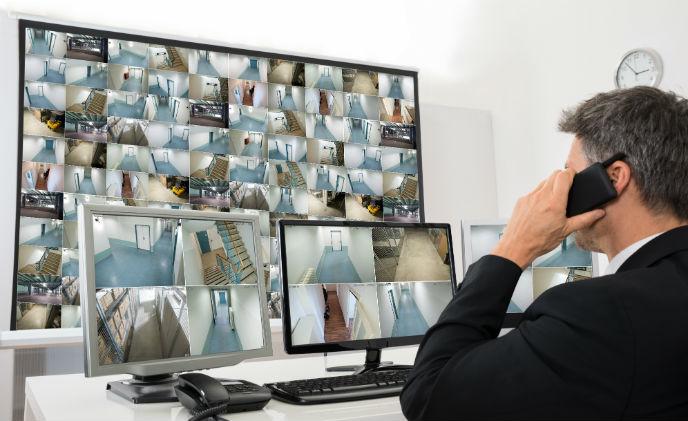A video surveillance system is only as good as the sum of all its parts. Make sure you’re are getting the most out of the system, starting with the video management software (VMS). A lot goes in to selecting the right VMS, but here are some important questions you should be asking.
1. Scalability – A small video surveillance system will often have different needs than a large system, but how long will that system stay small? Take into consideration future growth plans and the subsequent needs the customer will have so you can select a VMS that will complement projected growth.
- Do they need multi-site viewing and management?
- How many cameras are supported per server?
2. Ease of use – Usability is an important aspect for many customers. Be sure to consider the following questions when selecting a VMS.
- Is it easy to learn? Manage? Install? Operate?
- Is training required/available?
- Can they easily push and share video?
- How easy is it to use forensically (e.g. search video for objects, locations, directions, colors)?
- What kind of interface is it? Is it browser-based or does it require thick-client?
- Does it support video-walls or touch-screen interfaces?
- Is it available on an appliance or do I have to provide the server for the installation?
- Is there a mobile client (iOS, Android)?
- Is there a case management log for a guard to manage incidents?
3. Complexity – Determine your customer’s expectations for the system. Are they looking for basic or more complex features?
- Does the customer require analytics or business intelligence? What types/level of intelligence?
- Integrated analytics such as motion detection, tamper alarms, events produced by I/O devices, etc.
- 3rd party analytics integration
- Do they plan to integrate access control, POS, building management or other systems?
- Do they need support for audio recording, cloud-based recording, local edge recording or Corridor Format (9:16 aspect ratio)?
- Will they need to access video over low bandwidth connections?
- Will any customized development be needed?
- How is chain of custody managed?
- Do they have their own proprietary viewer that ensures 100% authentic video?
- Can they scale the video to provide high frame rates over low-bandwidth?
- Is it supported by PSIM developers?
4. Licensing – Every VMS provider handles licensing differently, so it’s important to understand the requirements.
- Is it per camera, or is it a package deal?
- What’s the model for updates?
- Do you have to pay to keep the system current?
5. Reliability – IP video systems provide options for reliability that analog can’t and can often be maintained remotely. However the integrator must understand how to manage the system:
- Does it have smooth software updates and can handle different environments?
- Are there backups and disaster recovery capabilities?
- Is edge storage support available if network connectivity is lost?
- What kind of technical support is available?
6. Openness – The VMS should tie in with the rest of the system seamlessly, so you can avoid compatibility and usability issues.
- Can it integrate many technologies, including analytics?
- Is it ONVIF compliant?
7. Flexibility – This point ties in closely with another key point: scalability. Systems will change in size and needs, so the better the VMS system can handle these changes the smoother the process will be over all.
- How easily can you adjust your system (expansion, relocation, technology advancements)?
8. Performance – How can the system actually be used by the business owner and staff?
- Is there support for remote access and multiple users?
- Is there compatibility with mobile devices?
9. IT Security – If you left your keys in the car, then you’ve rendered your alarm system virtually useless. Same can be said for a surveillance system.Is there authorization into the system and authentication of the user?
- Does it integrate to active directory?
- Does it support the same security protocols as other devices/software on a typical network and can devices (IP cameras, encoders, servers, etc.) be managed?
10. Hardware recommendations – The VMS could have all the bells and whistles in the world, but it’s only as good as the hardware it’s running on (just like any software program).
- Processor, memory and storage requirements
- H.264 client support
- Cameras per screen recommendations

